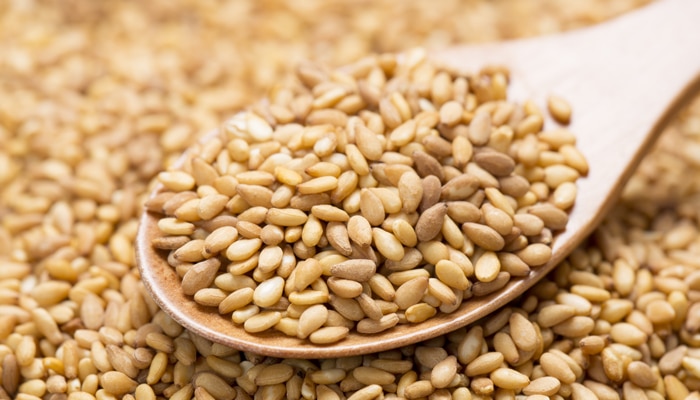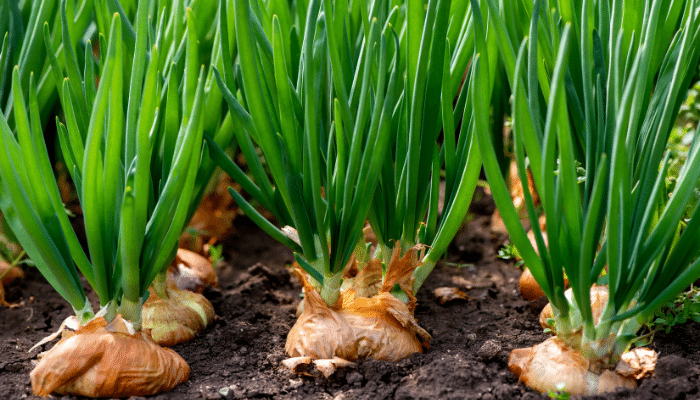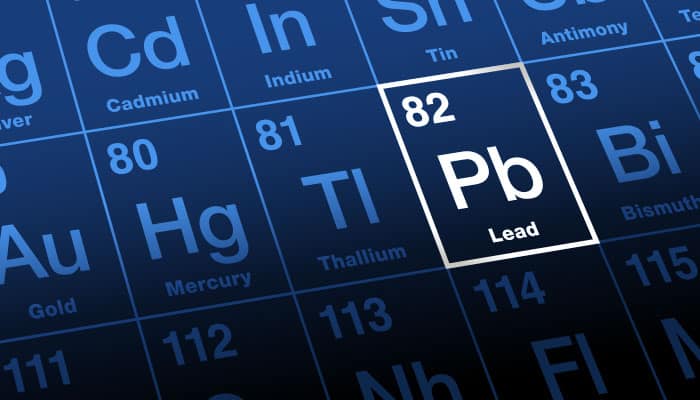
Article réservé aux abonnés


The implementing regulation (EU) 2020/1540 amending 2019/1793 has just been published in the OJEU.
It strengthens the control of sesame seeds at the borders. In addition to the analysis for salmonella, analyzes of residues of pesticides including ethylene oxide must be carried out.
From 10/26/2020, all sesame seed shipments from India must be accompanied by an official certificate indicating that the products have been sampled and tested for compliance. at the MRLs set in European legislation. The test results must be attached to this certificate.
As a reminder, since September 2020, very high levels of ethylene oxide (a substance not approved at EU level) in certain batches of sesame seeds originating in or coming from India and entered into the Union have been notified. using RASFF. These levels are more than a thousand times higher than the maximum residue limit of 0.05 mg / kg applicable to ethylene oxide in accordance with Regulation (EC) No 396/2005.
In France, the DGCCRF has carried out numerous recalls of lots containing non-compliant sesame seeds. The list of products concerned is available on the DGCCRF website: https://www.economie.gouv.fr/dgccrf/avis-de-rappel-de-produits-contenant-du-sesame
Please note that your Phytocontrol laboratory offers microbiological and pesticide analyzes on sesame seeds under COFRAC accreditation, you can consult our COFRAC technical appendices N ° 1-1904, N ° 1-6066 and N ° 1-6634 available in your customer area or on the COFRAC website.
Need technical, regulatory and tariff information? Our customer service is available from 8 am to 8 pm Monday to Friday at +44 (0) 2037 430 973 or service-clients@phytocontrol.com.
And to not miss anything of Phytocontrol news, join us on our LinkedIn and Facebook page!




